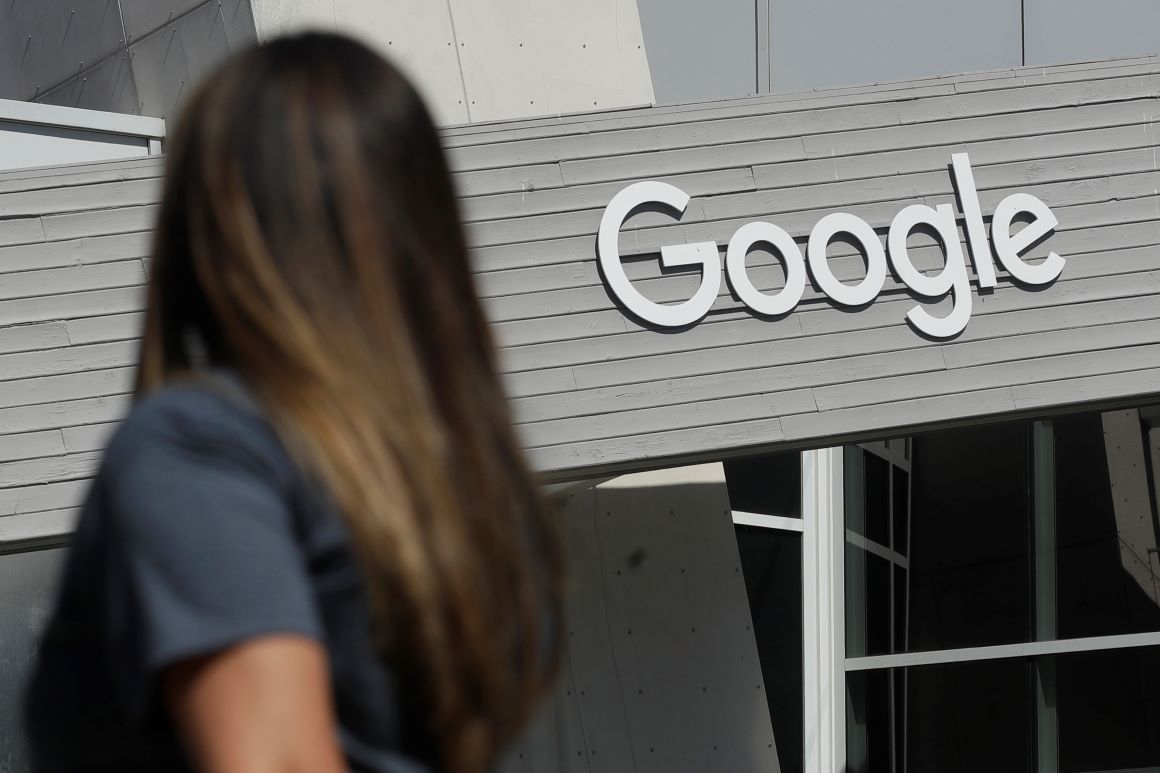On the first day of a significant antitrust trial in Alexandria, Virginia, federal prosecutors launched serious accusations against Google, alleging that the tech giant’s size has been leveraged to stifle competition. Julia Tarver Wood, an attorney from the Department of Justice’s antitrust division, emphasized in her opening remarks, “Google is not on trial because they are big, but because they leveraged that size to crush competition.”
The trial follows a recent federal court ruling that found Google guilty of violating antitrust laws with its dominance in search engine services. Google’s parent company, Alphabet, has announced plans to appeal this decision.
Prosecutors argue that Google’s dominance extends to the digital advertising ecosystem, which supports more than 150,000 ad sales per second on various websites. They accuse Google of using aggressive tactics to eliminate competitors, including strategic acquisitions, customer lock-ins, and controlling transaction processes within the ad market.
Tim Wolfe, an executive from Gannett, testified about his company’s reliance on Google’s publisher ad server for over 13 years due to a lack of viable alternatives. This testimony is central to the argument that Google’s practices have hindered competition and innovation in the ad industry.
In defense, Google’s lead attorney, Karen Dunn, countered that the DoJ’s case is based on outdated practices. She argued that the digital advertising landscape has evolved significantly, with new competition from companies like Amazon and Comcast. Dunn described the case as a relic of the past, likening it to “a time capsule that, if opened, would reveal a BlackBerry, an iPod, and a Blockbuster Video card.”
The trial, overseen by US District Judge Leonie Brinkema, is being conducted without a jury and is anticipated to last several weeks. If Google is found to be in violation of antitrust laws, Judge Brinkema will later deliberate on whether to grant the prosecution’s request for Google to divest its Google Ad Manager platform, which includes its publisher ad server and ad exchange.
According to analysts from Wedbush Securities, Google’s ad tech tools contributed $20 billion, or 11 percent, of its total revenue in 2020, and generated approximately $1 billion, or 2.6 percent, of its operating profit.










